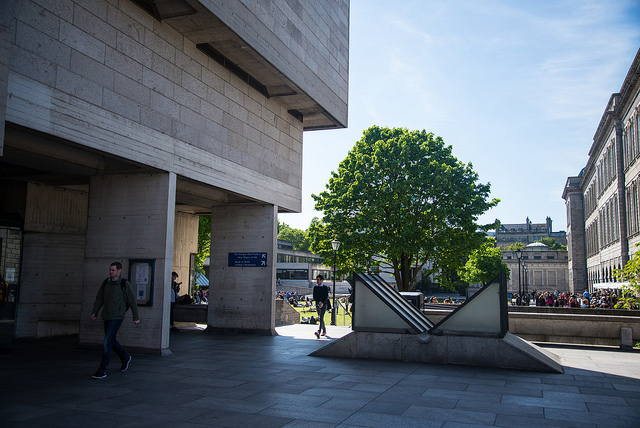Some 59 second-year students have written to the Senior Lecturer David Shepherd asking for Foundation Scholarship (Schols) exams to be held online.
The email said: “At the time of writing, we do not know whether the Scholarship exams are to take place online/digitally or in person this year. As such, we want to convey our sincere hope firstly that this will be finalised and communicated to us as soon as possible, and secondly (but more importantly) that the exams will take place online/digitally – at least for AHSS students.”
“In many AHSS subjects”, it continues, “the most important part of any assessment of students is to test their comprehension of concepts, ability to critically analyse and evaluate, ability to write, and so on. There is a broad consensus among students and various lecturers that take-home exams represent a no worse means of assessing those subjects compared to in-person, handwritten exams, and that there is no pedagogical advantage associated with them”.
“Many in fact believe that take-home exams may indeed be better, as they do not also place a huge and unnecessary premium on endurance, handwriting speed, memorization etc.”
“There is no indication from the Scholarship exams last year that their being online did any damage to their integrity, or to the rigour and meritocratic competition associated with them.”
The signatories argued that students who are eligible to sit the Schols exams this year have had a predominately online college experience, including online exams. “The nature of their education in Trinity up to this point (although necessary due to Covid-19) has in no way prepared them for this.”
“Committing soon to having the Scholarship exams online offers a stronger guarantee that there would be no last-minute changes to the arrangements in place for Schols”, they added.
The email also argued that online exams are more inclusive and would avoid the scenario of a student being unable to sit the exams if they were self-isolating at the time.
Trinity did not respond to a request for comment by the time of publication. This article will be updated if a response is received.
Last year, Trinity implemented – but later scrapped – a controversial cap on the number of scholars to be elected due to fears of grade inflation if the exams were held online.
The exams were held remotely, but the cap was not ultimately applied as the Central Scholarship Committee decided that the number of candidates meeting the individual criteria was “within the historical range of awards given”.
The quota system had been a source of controversy since it was conditionally passed by College Board, Trinity’s most senior decision-making body.
Board sent the proposal to the Visitors – who decide on appeals against Board decisions – to determine whether or not it breached the College statutes.
The Visitors – Chancellor Mary McAleese and Judicial Visitor George Bermingham – decided that it did not breach the statutes, and that Trinity could implement the quota.
The proposal stirred up controversy among the Scholars community, many of whom considered it to be an attack on the academic integrity of the Foundation Scholarship.







